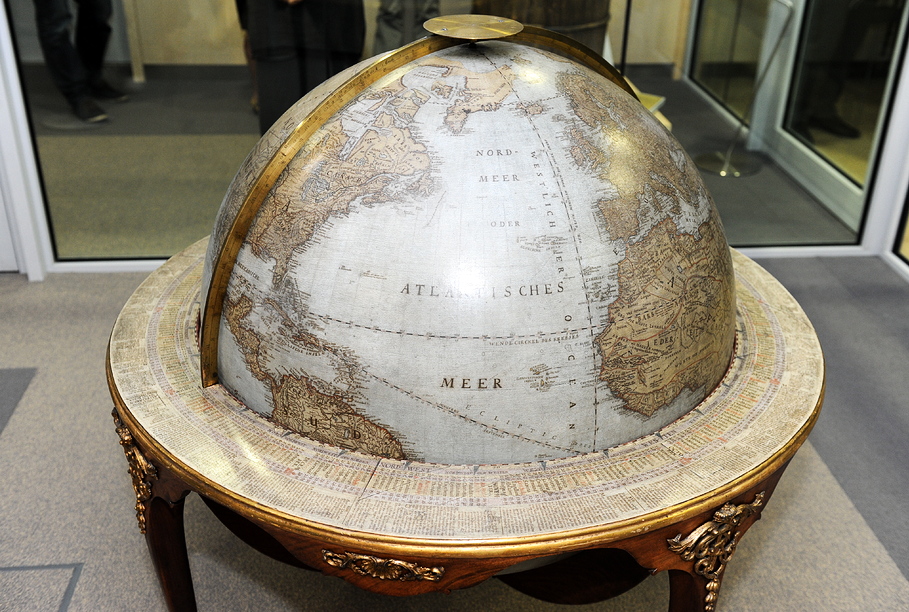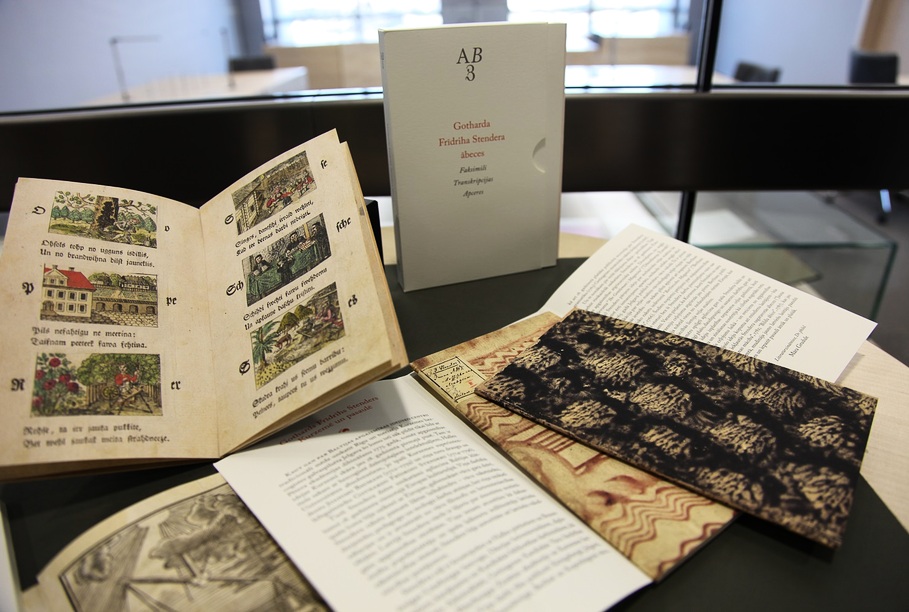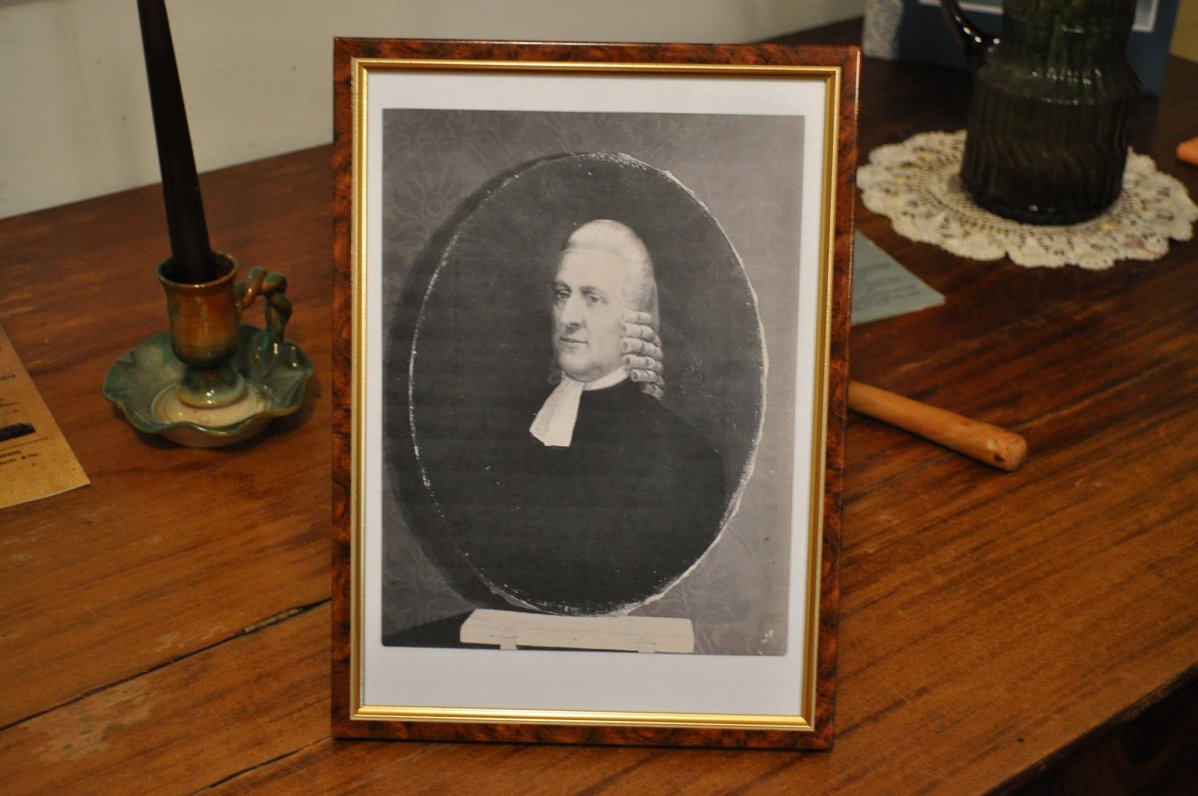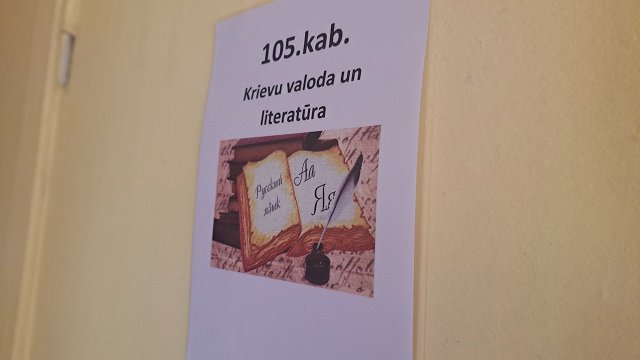By the time Gotthard Friedrich Stender came up with an “extraordinarily convenient washing machine”, no one was surprised about his unusual penchant for invention anymore. Stender, of Baltic German stock, had already become known in many fields. A popularizer of culture, a promoter of Enlightenment ideas in the Baltics, and the founder of secular Latvian literature, Stender is ranked among the foremost 18th-century thinkers in Latvia.
He was born in 1714 in Laši, not far from Daugavpils. As he was the son of a pastor of German descent, his future career in the Russian Empire would have seemed all but predetermined. But his life was destined to take a more winding path. His work as a clergyman and scientist would lead him to Lithuania, Helmstedt, Hamburg, Copenhagen and St. Petersburg.
At the age of twenty two, Stender left his family to study theology, rhetoric and ancient languages at Jena and Halle. But his first job as a teacher at a Halle orphanage was not to his liking. After obtaining the name of a free-thinker, Stender was forced to leave the institution and return to Courland. There, he first worked as a teacher and later, in 1744, became a pastor at the Birzgale parish near Rīga.

Stender spent his free time studying different fields, such as art, philosophy, history, geography, industry, alchemy, mathematics and astronomy on his own. For the 300th anniversary of his birth, Latvia commemorated this nimble-witted autodidact with a postage stamp and a collector’s coin.
In the 1760s, Stender made globes for the Duke of Braunschweig and Danish king Frederick, utilizing a new, modern approach. The globe Stender made for the Danes is almost a meter in diameter, and is now stored at the Royal Library in Copenhagen. The Royal Library deposited the globe with the National Library of Latvia throughout 2014 for Stender’s 300th anniversary. A faithful copy of the aforementioned washing machine, one of the first of its kind, is likewise on show there.
Being a priest, Stender had dealings with the common folk, and this sparked his interest in the Latvian language. In accord with the proposal of enlightening the people – an idea which was gaining a foothold across Europe at the time – he stood up for the idea of promoting literacy among “the common men”. To this end, he wrote an illustrated alphabet book and translated church songs, fairy tales and stories from German to Latvian. Stender’s Latvian grammar was published in 1761 in Braunschweig. It includes a formidable collection of Latvian folk sayings, riddles and mythology. Twenty eight years later, Stender published the Latvian Lexicon, which would remain a fundamental work for close to a hundred years.

Together with Johann Gottfried Herder (1744-1803), Stender was the first linguist to analyze and translate Latvian folk songs. Old Stender died in his homeland in 1796, at the age of 81. His headstone reads: “Here lies G. F. Stender, a Lett.”
The German Traces series was first published as part of the Goethe Institut in Rīga project “German Footprints in Latvia” ("Vācu pēdas Latvijā" www.goethe.de/vacu-pedas). The linked mobile application "German Footprints in Latvia" can be downloaded at www.ej.uz/vp-iOS and www.ej.uz/vp-Android.






























